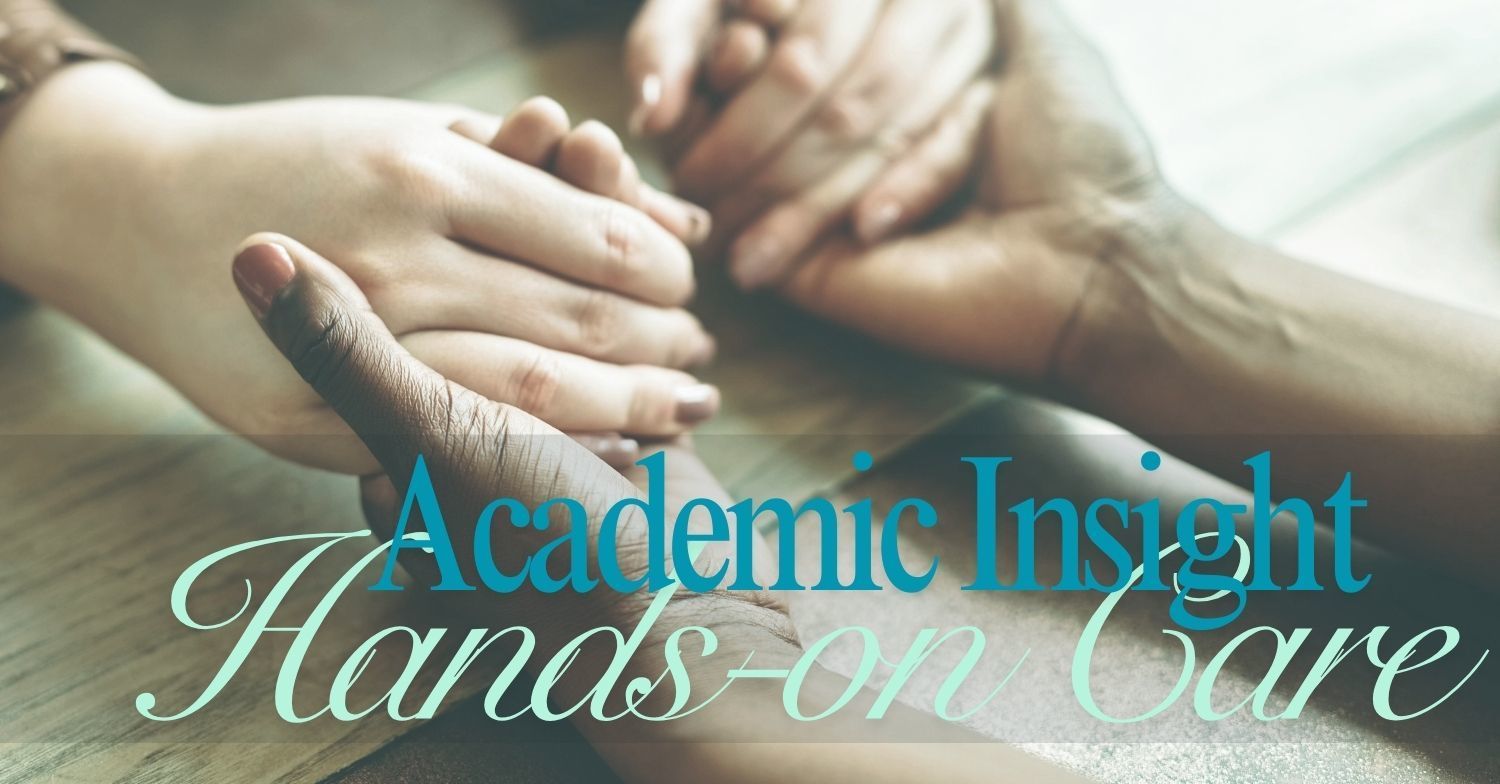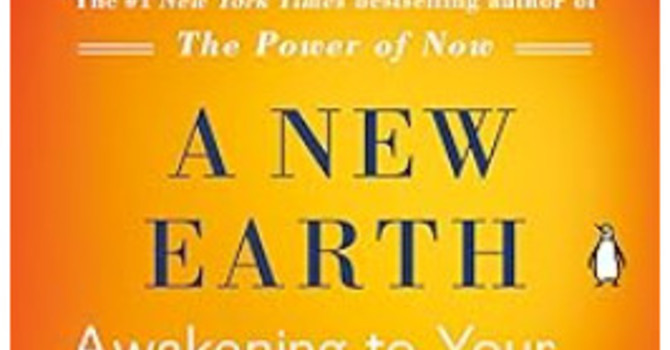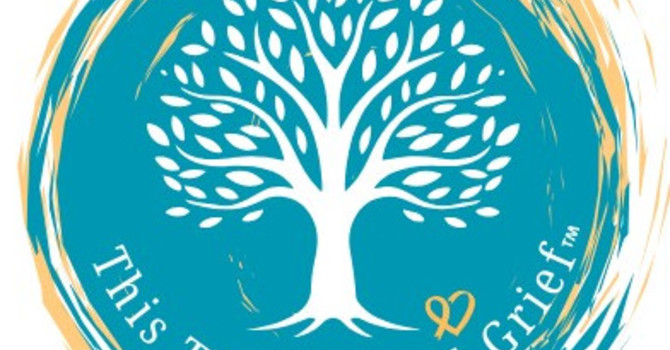
My aim is to bridge these approaches, offering you compassionate care of a Death Doula and the informed perspective of a Thanatologist.
Thanatology, derived from the Greek word thanatos, meaning "death," is the academic and interdisciplinary study of death, dying, grief, and loss.
A Thanatology Degree is a rigorous, four-year university program that explores these themes, incorporating elements from psychology, sociology, anthropology, philosophy, and even environmental studies.
While death remains the central focus, thanatology spans multiple disciplines to provide a holistic understanding of how individuals and societies process and navigate the complexities of loss and transition.
So, what can you do with a degree in Thanatology?
Far from a narrow field, thanatology opens doors to a wide array of career paths and areas of personal development.
Employers in:
- Healthcare
- Counselling
- Social Work
- Education
often seek out individuals trained in thanatology for their expertise in understanding loss, grief, and the profound impact these experiences have on individuals and communities.
Thanatologists can work in:
- End-Of-Life Care
- Bereavement Support
- Crisis Response
- Trauma Intervention
as well as in roles addressing grief with:
- Societal Changes
- Immigration
- Displacement
- Environmental
- Political Grief
Many also work at the bedside, providing emotional support and hands-on care for those nearing the end of life, easing their journey and offering comfort to both patients and their families.
A Thanatology Degree prepares graduates with both theoretical knowledge and practical experience.
For instance, students learn the significance of social attitudes about death, develop skills to navigate ethical and spiritual issues around death, and gain hands-on experience through practicums and workshops. These programs uniquely prepare students to handle crisis responses and trauma, engage in developmentally appropriate conversations about grief, and foster ethical decision-making for end-of-life choices.
Through This Thing Called Grief, I bring my background in thanatology and lived experience with grief to support individuals and families navigating profound losses. Combining both the academic insights from my training and the compassion that comes from walking this path myself, I aim to create a space where people feel seen and understood.
Whether through hands-on guidance in processing grief or in offering deeper insights into loss and healing, my work through This Thing Called Grief is about helping others find comfort and resilience in one of life’s most difficult times.
Thanatology vs. Death Doula: Academic Insight Meets Hands-On Care
While both Thanatologists and Death Doulas focus on end-of-life care, their approaches differ significantly.
A Thanatologist typically works in more structured, often research or education-focused roles, whereas a Death Doula engages in deeply personal, hands-on care.
A Death Doula provides immediate emotional, spiritual, and practical support to individuals and families during the dying process. Like a Birth Doula assisting with childbirth, a Death Doula is present in life’s final stages to offer comfort and practical guidance, whether that means creating a peaceful environment, facilitating conversations about legacy, or assisting with funeral planning.
In contrast, a Thanatologist’s role is more analytical. Their work is often focused on studying societal responses to death and loss, developing bereavement support tools, or addressing how social attitudes about grief influence policy.
Thanatologists provide the academic framework that informs much of the work that Death Doulas carry out, contributing insights from their research to create support strategies that are responsive to different cultures, age groups, and personal backgrounds.
For instance, while a Death Doula might support a family’s emotional needs at the moment, a Thanatologist’s research might reveal strategies for long-term grief counselling, ethical considerations for end-of-life choices, or the importance of developmental perspectives in discussing death with children.
In some cases, Death Doulas incorporate knowledge from the work of Thanatologists to provide more informed and empathetic care.
How Thanatology and Death Doulas Complement Each Other
Thanatology and Death Doula care may seem like separate paths, but together, they provide a more comprehensive approach to end-of-life support. Thanatologists, with their academic understanding, contribute to long-term grief support and policy development, while Death Doulas offer immediate, compassionate presence during the end-of-life process.
This combination allows families and individuals to receive both the immediate, personalized care that makes the transition feel less isolating and the broader understanding that can help sustain them beyond those final moments.
By blending emotional support with informed insights, these roles create a holistic support system that respects the intellectual and emotional needs of those facing death or grieving a loved one.
Why Both Are Essential in Grief Support
Grief is an intensely personal experience, and it affects each individual differently.
The presence of a Death Doula can ease the immediate emotional strain for families, offering warmth and understanding during one of life’s most challenging moments.
Thanatology, meanwhile, provides a framework for understanding how grief evolves and equips individuals with tools and insights for long-term healing.
As society pays increasing attention to emotional wellness, the work of Thanatologists and Death Doulas becomes even more crucial. Whether it’s through:
- offering developmental insights for grief support,
- addressing ethical issues around death, or just
- being a compassionate presence,
these roles provide an essential layer of care for those navigating loss.
Embracing a Holistic Approach to End-of-Life Care
Thanatologists and Death Doulas each offer unique, valuable approaches to end-of-life care. While one focuses on the deeply personal aspects of dying, the other brings academic insight to help society better understand death and grief. Both roles are instrumental in helping families cope, heal, and find peace during life’s most difficult times.
By understanding the different yet complementary roles these approaches play, we can better prepare ourselves and our loved ones for the journey through death and grief.
Together, these approaches meet the emotional and intellectual needs of families, offering a path to deeper understanding and healing.
Mr. Sam Vander Schelde
Contact Me


